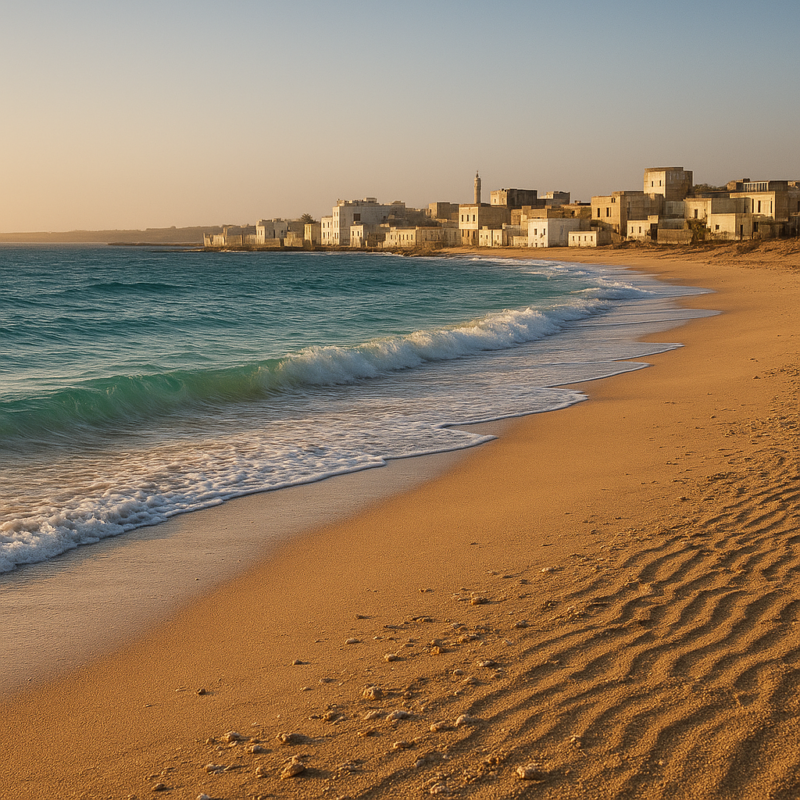Mogadishu, Somalia – The leadership of the immigration department in Somalia moved to calm public concerns on Saturday evening as the Director of the Immigration and Citizenship Authority, Mustafa Duhulow, used a gathering in Mogadishu to restate his unwavering commitment to safeguarding the country’s sovereignty and territorial integrity. His remarks came at a moment when the immigration sector—long seen as a front-line institution in national security—faces growing public scrutiny fueled by allegations circulating online.
Duhulow addressed the room with a measured confidence, grounding his message in the belief that a stable and credible immigration system is central to Somalia’s state-building efforts. He placed particular emphasis on the E-visa platform, a system introduced to modernize border management and reduce opportunities for corruption. According to him, the wave of claims questioning the platform’s reliability has little to do with technical flaws and everything to do with deliberate attempts to undermine public trust.
Attendees described an atmosphere that mixed frustration with determination, as the director pushed back against the narrative that the system was compromised. He portrayed the allegations as carefully crafted misinformation, designed to sow doubt in an institution that has been steadily improving its professionalism and digital capacity.
He also hinted at deeper forces driving the controversy, suggesting that the criticism was not organic but part of an orchestrated campaign funded by actors seeking to weaken the authority’s reforms. While he stopped short of naming those behind the attacks, his tone made clear that the agency views the issue as a coordinated assault on both its reputation and the broader reform agenda.
The evening ended with a renewed pledge from the immigration leadership to keep strengthening the systems that guard Somalia’s borders. For many in the room, the message served as reassurance that the institution remains alert, confident, and determined to defend both its work and the country’s sovereignty.



